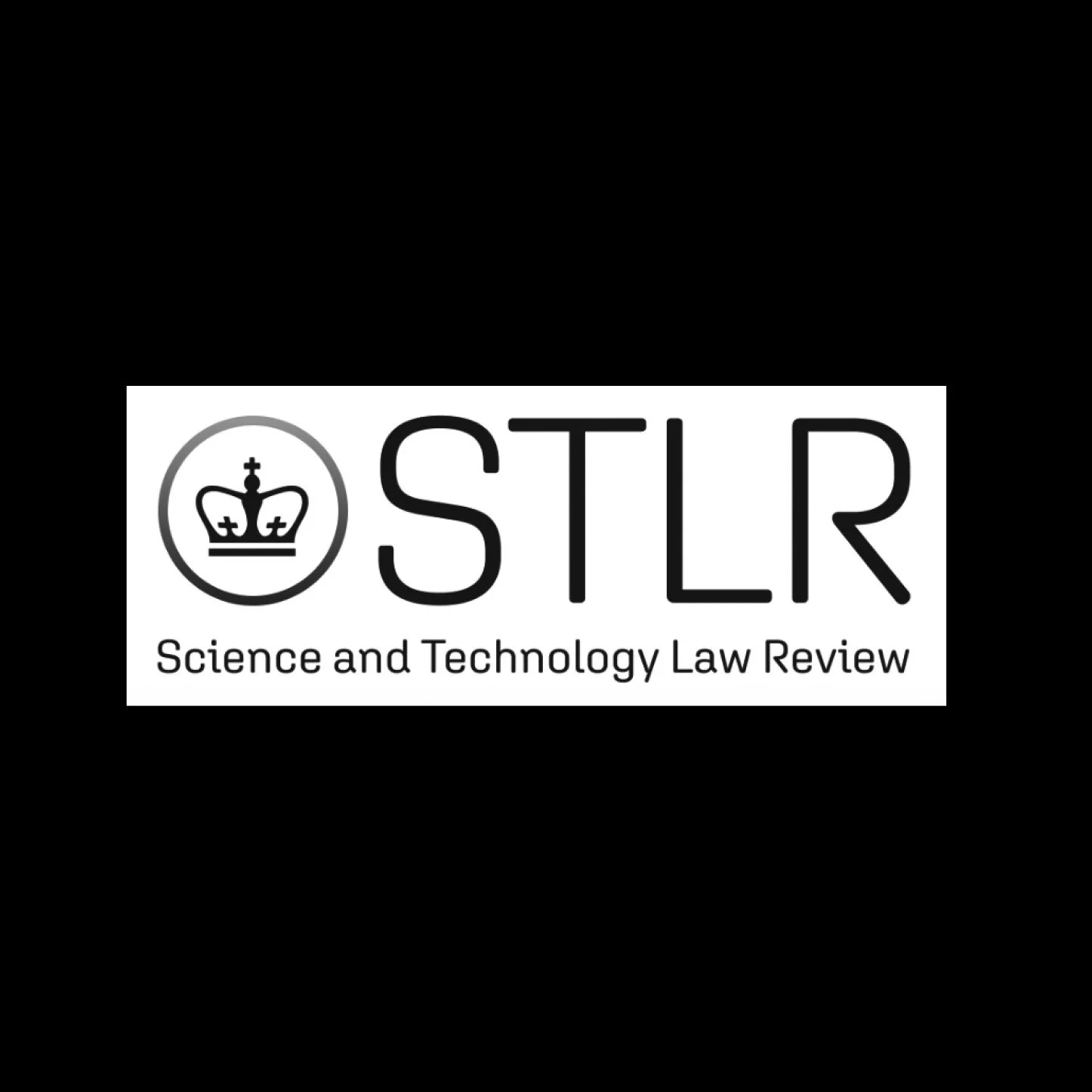Six Jurisdictions Discover New Paths Forward at Groundbreaking Justice Innovation Accelerator
By: KELLI ROSS METZ
Nashville, TN – When criminal justice leaders from six jurisdictions gathered at Vanderbilt University Law School in mid-October, they brought with them a particular problem that had plagued their communities for years: cases dragging on indefinitely; courts overwhelmed by mental health and substance abuse cases; unsustainable jail populations; and crime victims feeling invisible in a system meant to serve them.
Three days later, they left with something different: momentum and a concrete plan.
The inaugural Justice Innovation Accelerator, hosted by Justice Innovation Lab, Vanderbilt Project on Prosecution Policy (VPOPP), and Prosecution Leaders of Now, brought together prosecutors, law enforcement officers, victim advocates, crisis counselors, judges, and county commissioners from Boston to Seattle, from Augusta, Georgia, to Pine County, Minnesota. Their mission? To stop talking about what's broken and start designing a solution.
Building off our successful design workshops in Charleston, SC, and Memphis, TN, Justice Innovation Lab built the Justice Innovation Accelerator program to scale up a model that works, and help more communities – large and small, urban and rural – begin solving the most pressing challenges in their criminal justice systems.
Community of Problem Solvers
What made this gathering unusual wasn't just the diverse mix of participants – it was where they looked for answers. Between sessions on design thinking, systems mapping, and metric feasibility, attendees heard from innovators in robotics, sports, and music. The message was clear: the easiest way to innovate is often to take someone else’s good idea and bring it to a new context.
"Having presenters from several different (and non-legal) disciplines was incredibly valuable, especially given the typical, siloed approach of criminal-justice-only people trying to solve criminal justice problems," said Jennifer Mitchell, Deputy District Attorney from Salt Lake County, Utah. "Turns out that many of the answers we were looking for are elsewhere."
The jurisdictions in attendance – Suffolk County, Massachusetts (Boston); Salt Lake County, Utah; Douglas County, Georgia (outside Atlanta); King County, Washington (Seattle); Augusta, Georgia; and Pine County, Minnesota – spent months defining and re-defining their specific challenges before arriving at Vanderbilt. At the Accelerator, the jurisdictions were then pushed to move from problem statement to actionable solution in just 72 hours.
From Pitch to Practice
By day three, all six teams presented pilot programs ready for implementation. And, over the next six months, all six teams will work to advance the projects they developed.
These projects illustrate the Accelerator’s potential to create scalable, evidence-based reforms across the justice system:
The Suffolk County District Attorney’s Office, located in Boston, MA, pitched their SWIFT justice project, which is a cross-agency diversion system that connects individuals with substance use issues to recovery coaches and treatment instead of prosecution. By utilizing real-time data sharing and recovery staffing, the DA’s office hopes to accelerate access to treatment, housing, and employment to reduce recidivism and improve public safety.
The Salt Lake County District Attorney's Office in Utah plans on scaling its successful pre-file diversion program, which already demonstrates a 93% success rate and less than 4% recidivism. The project targets improving referrals, training, and data tracking, with the hypothesis that more people can access services, which will improve recovery outcomes and reduce recidivism.
The Pine County (MN) Attorney’s Office is creating a Victim Services Optimizer to reduce dismissed domestic assault cases by introducing a single point of contact, enhanced lethality assessments, and digital outreach tools. The initiative strives to improve safety planning and victim cooperation, and reduce repeat victimization.
For Jared Fishman, founder and executive director of Justice Innovation Lab, the promise lies not just in the solutions themselves, but in their design. "What makes me really excited is that all six groups produced solutions that can be tried and evaluated to see if they work," he said. "These solutions will have real impact in their communities and will serve as an example of what is possible when we take a different approach to problem solving."
A Different Kind of Conference
Participants didn't just leave with plans – they left transformed in how they think about their work.
"It has forever changed the way I see problems in the criminal justice system and problems in general," Mitchell said, describing the event as "equal parts inspiring/creative and tangible/practical."
Reese Frederickson, Pine County Attorney from Minnesota, called it "the most significant, rewarding, and impactful" program he'd ever attended. "The ability to work with a team and with experts tackling tough criminal justice issues with a focus toward practical solutions is a game changer. The tools I learned here can be used to solve many criminal justice problems or concerns."
Marc Tohme, Chief of District and Municipal Court for Suffolk County's District Attorney's Office, put it simply: "I can already tell a difference in my team and myself."
Sgt. Detective John Burroughs with the Boston Police Department’s Youth Violence Strike Force shared, “As a police officer, the most valuable aspect of the workshop was learning a clear, structured process for identifying problems and working through a series of steps to develop effective solutions. I’m excited to implement it within my department.”
Building a Community
This Accelerator was the first of many to come. The energy derived from forming a team, and taking concrete steps to solve a problem, left participants returning to their communities feeling energized.
Douglas County (GA) District Attorney Dalia Racine summed up what many participants felt: "It was insightful, intentional, and invoked an innovative project for our team that will have real impact on our community."
For communities grappling with the same challenges these six jurisdictions face, that impact could be just the beginning. As these pilot programs launch in the coming months, they won't just serve their own residents – they'll serve as proof points for what becomes possible when criminal justice leaders are given the space, tools, and diverse perspectives needed to reimagine public safety.
The Justice Innovation Accelerator was funded by Arnold Ventures.



